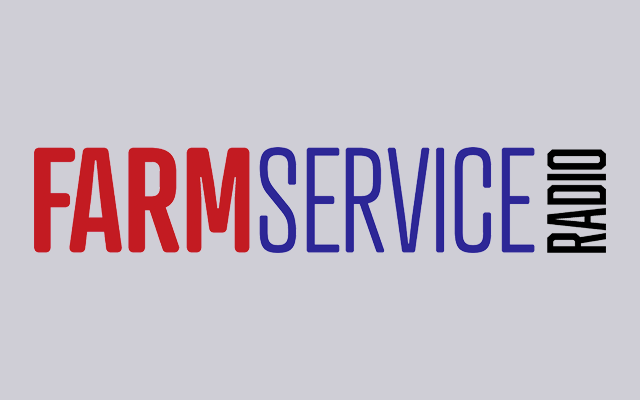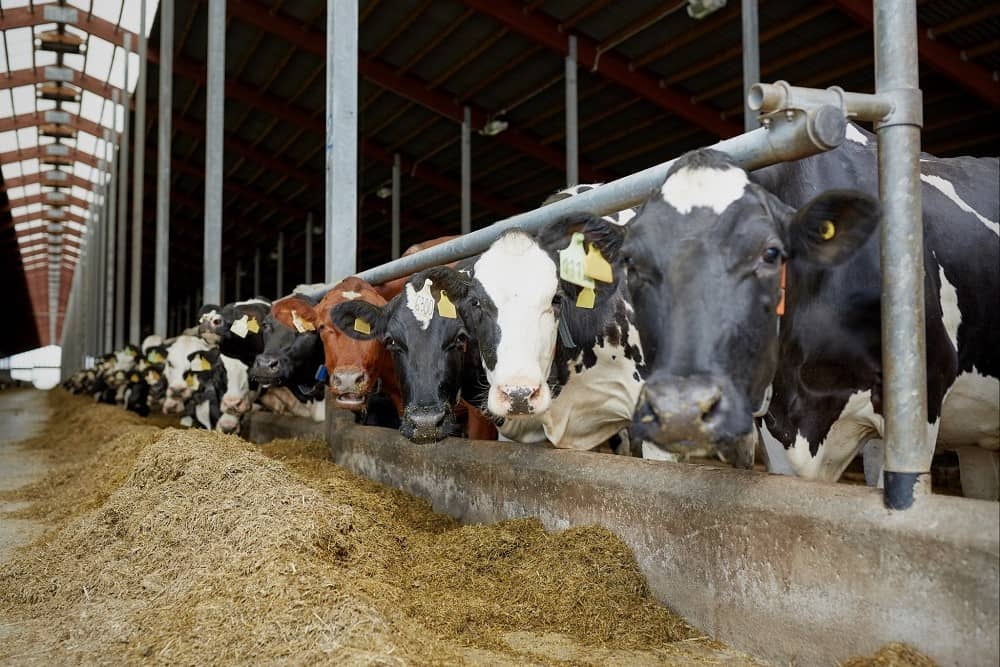The Importance of Taking On-Farm Cybersecurity Seriously

As agriculture becomes more advanced, there are enhanced risks with cybersecurity. According to a report from the Department of Homeland Security in 2018, agriculture is one of the most at-risk industries for breaches in cybersecurity.
A research group visited farms and precision ag tech manufacturers and found that potential threats to precision ag weren’t completely understood and weren’t being treated seriously enough by the front-line producers.
Jeff Shaffer, vice president of engagement management with Aon, says from both a personal and business standpoint, everyone is at risk.
“Threat actors are always going to go for the law-hanging fruit or where they think is a target-rich environment depending on what type of data they’re looking for,” he said. “If you’re looking for destruction or they’re looking to exfiltrate data—it could be health information, personal identifiable information or banking information—everyone has some risk.”
Some of that low-hanging fruit includes passwords. It’s easy to have the same password for all of our online accounts because there are too many for us to remember. That could put your business at risk, and Shaffer says there are tools available to keep track of your passwords.
“There’s password keepers that you can use for [any device] that will keep them locked either with a password or fingerprint ID,” said Shaffer. “Once you open that up, it’ll have your list of passwords, so there are things you can do from a personal standpoint to protect those.”
It’s not only your phone and computers hackers can get into and cause damage. Hacktivists, or those who hack into technology to promote an agenda or a social change, can also navigate through online systems. As there are more automated systems, Shaffer says this could be a new point of compromise on a farm operation.
“It could be opening gates that shouldn’t be open, turning on or off sprayers, feeders, temperature controls for incubators,” he said. “Those are all automated systems and they’re potential points of compromise. The IT departments are going to be looking for ways to keep those secure, but it’ll be a target for threat actors.”
To protect yourself from a personal standpoint, Shaffer suggests protecting your devices and applications on your devices. He suggests passwords that are between 12 and 15 characters long using numbers and special characters.




